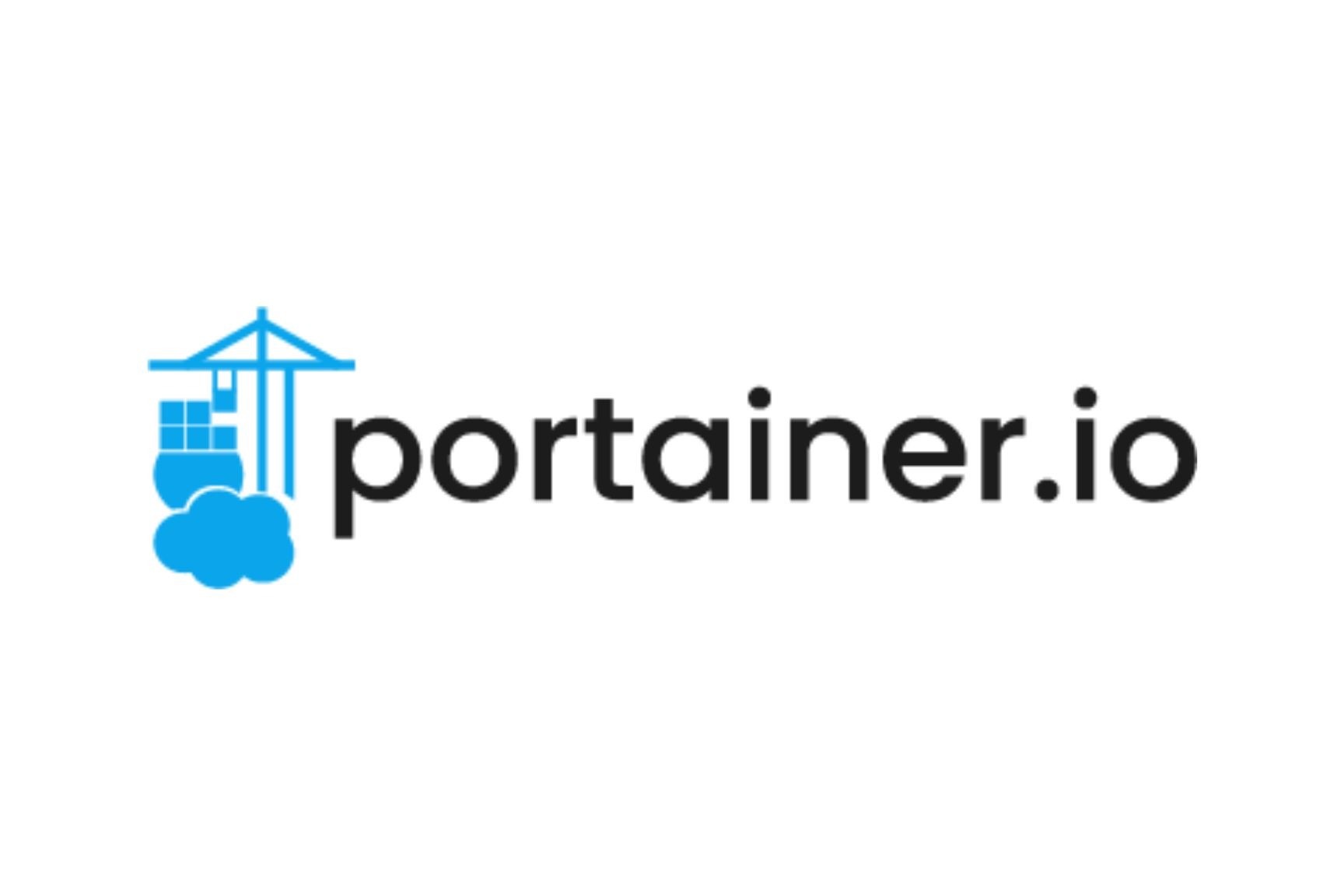
Portainer is a powerful tool for managing Docker environments. But what makes it so special? Portainer simplifies container management with an intuitive interface, making it accessible even for beginners. Whether you're running a small home lab or a large-scale production environment, Portainer offers features that cater to all needs. From deploying stacks to monitoring resource usage, it provides a comprehensive solution for container orchestration. Curious about its capabilities? We'll dive into 20 fascinating facts that highlight why Portainer is a game-changer in the world of container management. Ready to learn more? Let's get started!
What is Portainer?
Portainer is a powerful tool for managing Docker environments. It simplifies container management through an intuitive web interface. Here are some fascinating facts about Portainer.
-
Open Source: Portainer is open-source, meaning anyone can contribute to its development or customize it for their needs.
-
User-Friendly Interface: It features a user-friendly web interface, making it accessible even for those new to container management.
-
Supports Multiple Platforms: Portainer supports Docker, Docker Swarm, and Kubernetes, offering flexibility for various container orchestration needs.
-
Lightweight: The tool is lightweight, requiring minimal resources to run, which is ideal for environments with limited capacity.
-
Role-Based Access Control: Portainer includes role-based access control (RBAC), allowing administrators to manage user permissions effectively.
Key Features of Portainer
Portainer comes packed with features that make container management a breeze. Let's explore some of its key functionalities.
-
Container Management: It allows users to create, start, stop, and delete containers with ease.
-
Volume Management: Users can manage Docker volumes, including creating, deleting, and inspecting volumes.
-
Network Management: Portainer provides tools for managing Docker networks, making it easy to create and configure networks.
-
Image Management: Users can pull, push, and manage Docker images directly from the Portainer interface.
-
Stack Management: It supports Docker stacks, enabling users to deploy and manage multi-container applications.
Benefits of Using Portainer
Using Portainer offers numerous benefits, especially for those managing complex container environments. Here are some of the advantages.
-
Simplifies Management: Portainer simplifies the management of Docker environments, reducing the learning curve for new users.
-
Increases Productivity: By providing a centralized management interface, it increases productivity and efficiency.
-
Enhances Security: With features like RBAC, Portainer enhances the security of container environments.
-
Improves Visibility: It offers detailed insights into container performance and resource usage, improving visibility.
-
Facilitates Collaboration: Portainer's user management features facilitate collaboration among team members.
Portainer in Real-World Applications
Portainer is used in various real-world applications, from small projects to large-scale enterprise environments. Here are some examples.
-
DevOps: Portainer is popular in DevOps for managing CI/CD pipelines and automating deployments.
-
Education: Educational institutions use Portainer to teach students about containerization and Docker.
-
Startups: Many startups leverage Portainer to manage their containerized applications efficiently.
-
Enterprise: Large enterprises use Portainer to manage complex container environments and ensure smooth operations.
-
Research: Researchers use Portainer to manage containerized applications for data analysis and simulations.
Why Portainer Matters
Portainer simplifies container management, making it accessible for everyone. With its user-friendly interface, even beginners can navigate Docker and Kubernetes environments. It saves time by streamlining tasks like deployment, monitoring, and maintenance. Plus, it offers robust security features to keep your data safe.
Businesses benefit from Portainer's efficiency, reducing operational costs and minimizing errors. Developers love its flexibility, allowing them to focus on coding rather than infrastructure. The community support is another big plus, offering a wealth of resources and shared knowledge.
Portainer's versatility means it fits various use cases, from small projects to large-scale applications. Its continuous updates ensure it stays relevant in the fast-paced tech world. If you're looking to simplify your container management, Portainer is a solid choice. Give it a try and see how it can transform your workflow.
Was this page helpful?
Our commitment to delivering trustworthy and engaging content is at the heart of what we do. Each fact on our site is contributed by real users like you, bringing a wealth of diverse insights and information. To ensure the highest standards of accuracy and reliability, our dedicated editors meticulously review each submission. This process guarantees that the facts we share are not only fascinating but also credible. Trust in our commitment to quality and authenticity as you explore and learn with us.


